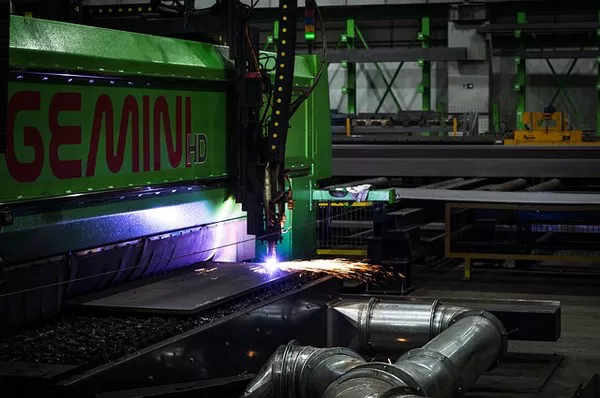In his recent Autumn Statement, UK Chancellor of the Exchequer Jeremy Hunt unveiled a comprehensive plan with significant implications for the engineering and manufacturing landscape. Several industry leaders have weighed in on the proposed measures, offering a range of responses.
Stephen Phipson, Chief Executive of Make UK, commended the Chancellor’s bold approach, emphasizing the effort to understand industry needs and implement a transformative strategy aimed at boosting investment. Phipson highlighted the importance of policy certainty for companies, applauding the decision to make full expensing permanent.
Fhaheen Khan, Senior Economist of Make UK, praised the Chancellor’s commitment to promoting business investment through the permanent implementation of full expensing. Khan stressed the significance of stability for the manufacturing sector, which typically operates on long-term cycles.
Verity Davidge, Director of Policy, acknowledged the Chancellor’s recognition of the value of engineering apprenticeships. The £50 million investment in a pilot scheme for apprenticeships in engineering and manufacturing was seen as a positive step toward reversing the recent decline in apprenticeship starts.
Dr. Hilary Leevers, Chief Executive of Engineering UK, expressed satisfaction with the emphasis on skills in the Autumn Statement. However, Leevers called for larger-scale investment to address widespread issues in the skills systems and ensure the country has the engineering and technology workforce needed for the future.
IET Head of Policy Stephanie Baxter welcomed the Government’s acknowledgment of the importance of engineering apprenticeships. While the £50 million investment in the Apprenticeship Growth Sector Pilot was deemed positive, Baxter urged agility within the fund for upskilling and reskilling to enable the workforce to adapt to new technologies.
Despite positive reactions, concerns were raised about the limited duration of the investment in engineering apprenticeships and the need for bolder approaches to address skill shortages amid rapid technological advancement.
In addition to apprenticeships, the Chancellor’s commitment to wider infrastructure investment for the UK’s net-zero targets was acknowledged. However, industry leaders stressed the importance of ensuring that such investments effectively address critical skill shortages to maximize benefits for innovation and technological advancement.

